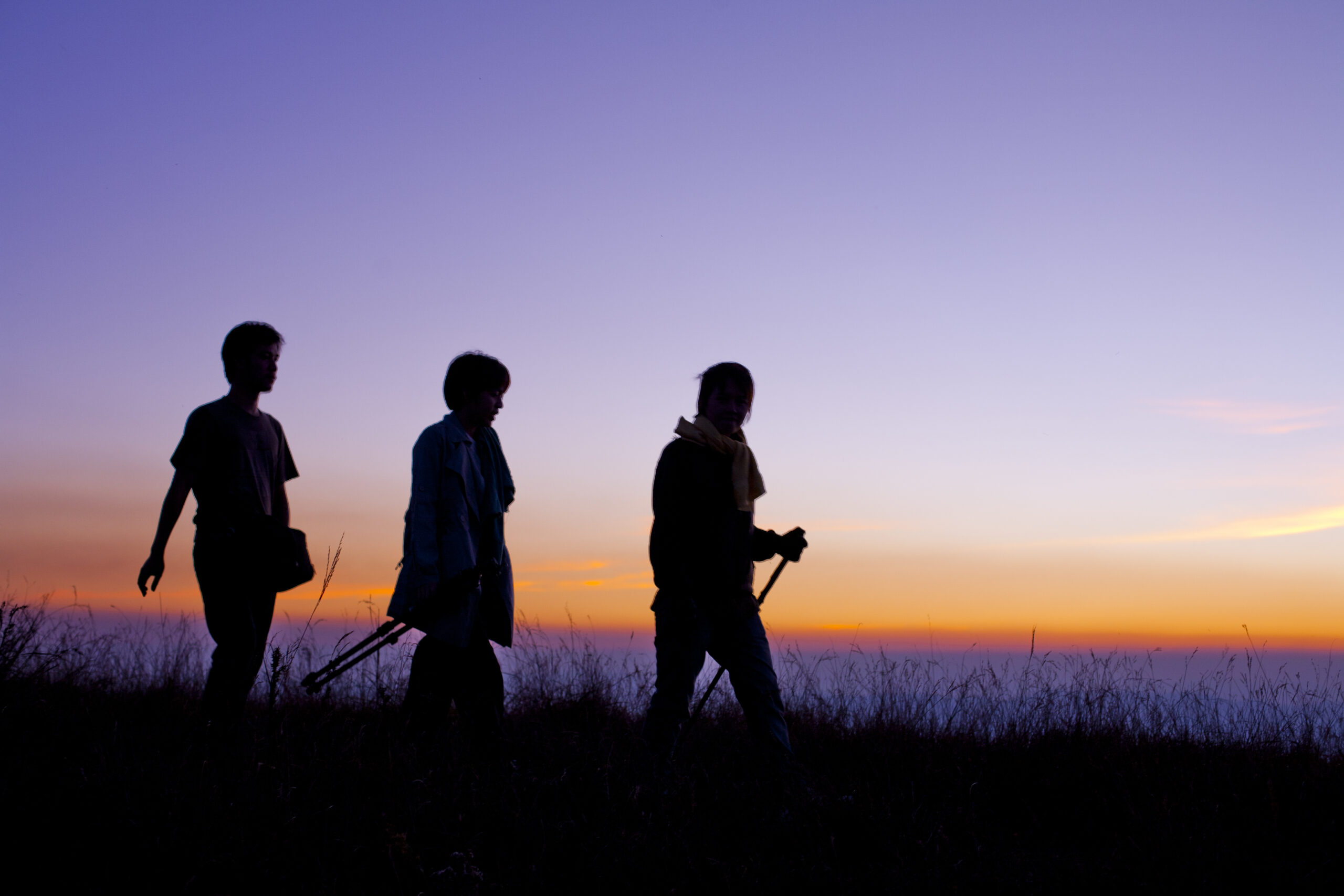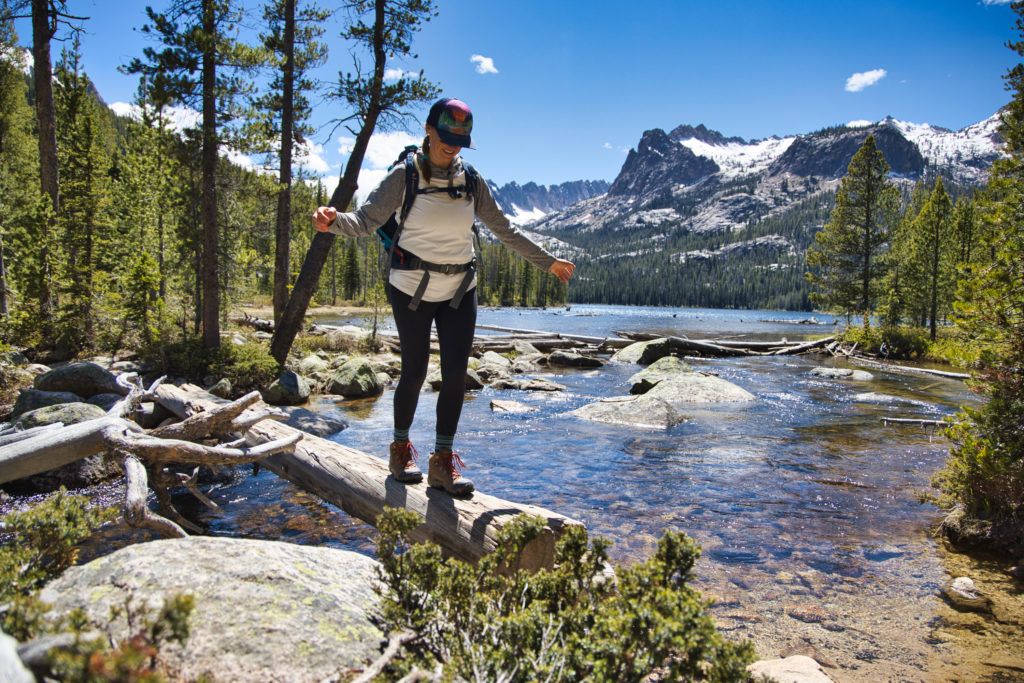Hiking is a popular outdoor activity that offers numerous physical and mental health benefits. It’s an excellent way to explore nature, get some exercise, and clear your mind. However, like any other outdoor activity, hiking comes with its risks and dangers. You may encounter unexpected weather changes, steep terrain, wildlife encounters, or injuries while on the trail. Therefore, it’s essential to be prepared before embarking on a hike. In this blog post, we will discuss essential first aid tips for hikers to help you stay safe on the trail.
Essential First Aid Kit for Hikers
The first step in preparing for a hike is assembling a comprehensive first aid kit. Your kit should include items such as bandages, antiseptic wipes, gauze pads, tape, scissors, tweezers, insect repellent, sunscreen, and pain relievers. Additionally, you should carry a first-aid manual or guidebook to help you identify and treat common injuries and illnesses while hiking. Remember, prevention is better than cure; therefore, take necessary precautions to avoid getting injured or sick during your hike.
Common Injuries and Illnesses while Hiking
Some of the most common injuries and illnesses that hikers experience are blisters, sprains, strains, cuts, bruises, dehydration, heat exhaustion, hypothermia, and altitude sickness. Blisters can result from prolonged walking or hiking in wet conditions. Sprains and strains occur when you overstretch or twist your muscles or ligaments. Cuts and bruises can happen if you trip or fall on the trail. Dehydration occurs when you lose more fluids than you consume, leading to fatigue, headaches, and dizziness. Heat exhaustion happens when your body overheats due to excessive sweating, causing nausea, vomiting, and fainting. Hypothermia occurs when your body temperature drops below normal levels, leading to shivering, confusion, and loss of coordination. Altitude sickness affects hikers at high elevations, causing symptoms such as shortness of breath, headache, and nausea.
Mental Health Benefits of Hiking and Nature Therapy
Apart from the physical benefits, hiking also has significant mental health advantages. Studies have shown that spending time in nature reduces stress, anxiety, and depression. The fresh air, greenery, and tranquility of the trails provide a calming effect on the mind, helping you relax and unwind. Furthermore, hiking requires problem-solving skills, which enhances cognitive function and improves memory retention. Therefore, incorporate hiking into your routine to boost both your physical and mental wellbeing.
Conclusion and Final Tips
In conclusion, hiking is an exciting outdoor activity that provides numerous benefits. However, safety should always come first. Ensure you have a comprehensive first aid kit, wear appropriate clothing and footwear, bring enough water and food, inform someone about your whereabouts, and know your limits. Stay alert, enjoy the beauty of nature, and have fun on the trail!





